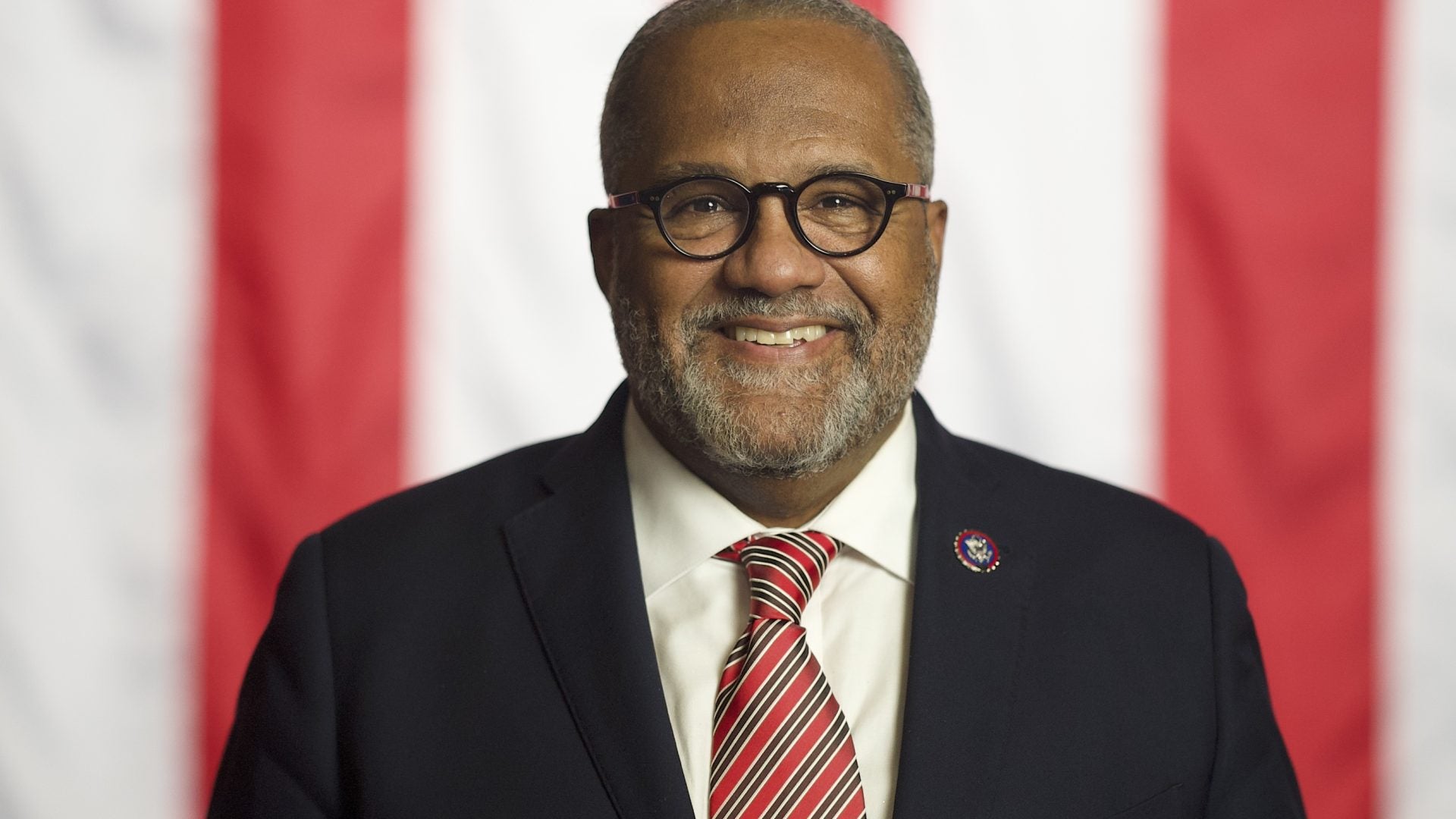
I have often found myself in situations where I was the only person who looked like me. In my elementary school, I was the only Black student in my grade. In high school, I was usually the only Black person in my AP and honors classes. Then there was music camp and ballet class and… you get the idea. Being “the only” has long been a part of my life as an African-American woman.
By the time I reached adulthood and became a professional, being the only was familiar but no less daunting. While working in enterprise sales, I was the only Black woman out of 500 employees, and I couldn’t help but wonder if my work would be measured differently than my peers. For example, would a less-than-stellar performance be seen as representative of the entire race? Would they think I didn’t belong there, or that I was hired to boost their diversity numbers? This imposter syndrome caused me to think I needed to be twice as good to survive. I devoured books about best practices in sales, sought the advice of friends in the field, and worked tirelessly on developing my outbound sales strategy to make up for not receiving the best inbound leads from management. To increase my job security and be liked, I both pretended to share interests with my white male bosses (How about them Yankees?) and regularly worked overtime.
It was exhausting, stressful and unsustainable. Unfortunately, these are the reasons many Black folks who are “the only” in their professional environments often suffer from burnout. But there are ways to make sure you get the support you need.
Despite growing diversity in many workplaces, many Black employees likely will continue to find themselves in circumstances where they are the only Black person on the team, in their department, or at their level of position. This can lead to feelings of isolation in work and in life. Learning to reframe and cope with these situations to take the stress out of them is essential:
Identify the opportunity in your onli-ness. Not long ago, I found myself alone as the only Black woman enjoying some hot springs in Oregon. When it dawned on me that I was the only Black person there, I had a moment of panic. But then I realized I also had an opportunity to experience the joy of the place, the sunset, the singing birds, and the scent of the earth and pine trees.
The same shift in perspective could be helpful to you in the workplace. If you are the only Black person in a leadership role, what are the benefits? You may get to proactively drive change around the hiring and promoting of people of color. You get to be a formal and informal mentor to Black people more junior in the organization. This is the opportunity. This is what you get to do.
Ask for help. Being the only doesn’t mean you have to go it alone. Reach out to your community outside of work as a source of comfort and validation. Family and close friends can provide affirmation and support. A simple phone call or text message from someone who understands can be life changing.
Take deep breaths. In moments of stress and overwhelm, focus on your breath. Try the 4-7-8 breathing technique. First, exhale and empty the lungs. Then inhale through the nose for four seconds, counting 4-3-2-1 in your mind. Hold the breath for seven seconds, counting 7-6-5-4-3-2-1. Exhale through the nose for eight seconds, counting 8-7-6-5-4-3-2-1. Repeat at least five times; the longer you practice, the greater the calm you will experience. Watch this video to help you with the technique.
Discover the power of “no.” Another burden that can come with being the only are requests to represent the Black experience or to serve on diversity committees. The problem with these asks is they add extra responsibilities to your workload, often with no recognition or compensation. These expectations are unfair because white colleagues are exempt from them. This aspect of being the only can also be triggering and emotionally draining.
When you are asked to serve on any committee or perform a duty outside of your responsibilities, ask yourself if you really want to do it. Do you have the time and the energy? Listen to your gut, and if the answer is no, practice saying “no” in front of a mirror to build confidence doing it in person. This simple two letter word can set you free.
Find healthy ways to unwind. When you’re feeling overwhelmed or anxious, it helps to reground yourself. In my upcoming book, Black People Breathe, I share how to use three-part breath for grounding, and I show you how to do the exercise in this video.
- Inhale slowly and deeply and observe the air enter and move through the throat, fill up the chest, and ultimately expand the belly out like a balloon. As you inhale, say to yourself, “throat – chest – belly” as the air goes through each part of the body.
- Exhale slowly and feel the belly button come towards the spine. Feel the air come up through the chest, and back through the throat. As you exhale, say to yourself, “belly – chest – throat” as the air goes through each part of the body.
- Repeat at least three times. If the emotions are extremely intense, repeat 10 times.
Being “the only” may be frustrating at times and leave you feeling isolated. But with these techniques, you can embrace the blessing and release the burden.
As a successful Black woman executive in corporate America, Zee Clarke used to think that high stress levels and stress-related health conditions were a baseline requirement if she wanted to remain employed. Then the Harvard MBA discovered mindfulness, and it changed her life. Now Zee leads transformative workshops on mindfulness, breathwork and stress management tools for BIPOC employees at organizations such as Google, Facebook, Visa, Ecolab and more. Zee Clarke’s book , Black People Breathe, will be released by Penguin Random House in 2023. Learn more at https://www.zeeclarke.com/






